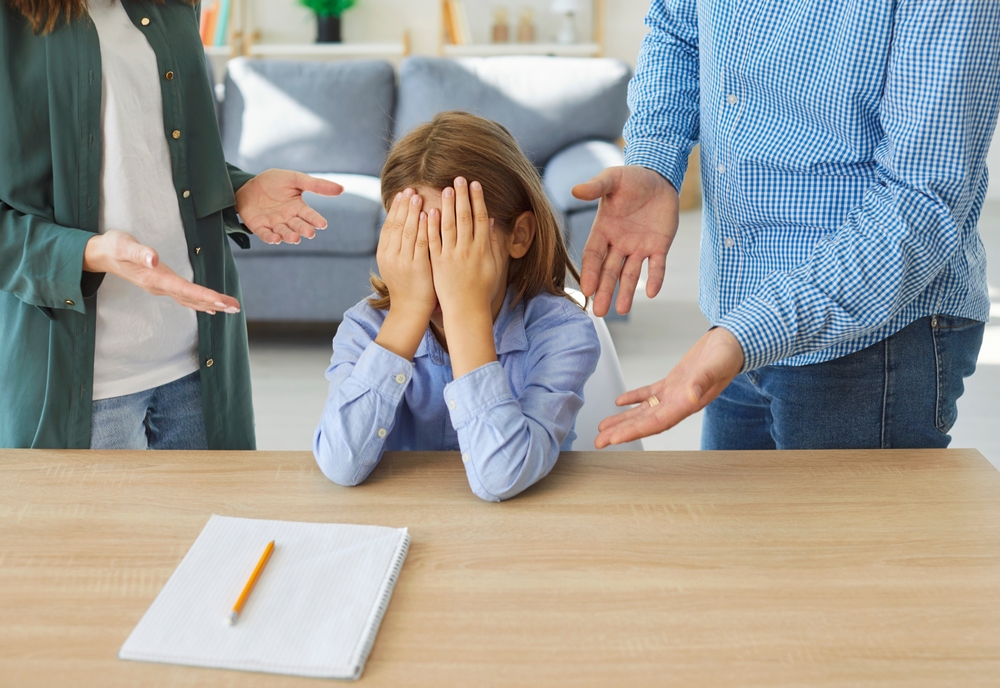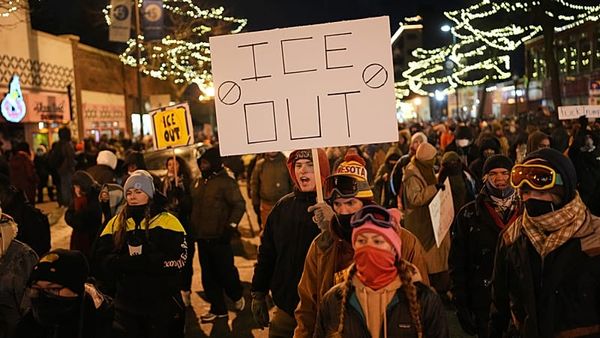Kids and teens often joke online without thinking twice about how their words might sound to adults in authority. But when your child posts a joke that seems threatening, schools may take it seriously—sometimes resulting in suspension, police involvement, or even lasting disciplinary records. Understanding how schools interpret these situations and what steps parents should take can protect your child’s future and teach critical lessons about digital responsibility.
When a Child Posts a Joke Online, Intent Doesn’t Always Matter
When a kid posts a joke online, the line between humor and threat can blur fast. Schools are legally obligated to investigate anything that could be perceived as a safety concern, even if your child insists it was meant as a joke. Social media platforms amplify these situations, spreading messages far beyond their intended audience. In many cases, administrators act before context is clear, erring on the side of caution. Parents must remember that intent and perception are not the same in the eyes of school policy.
Understanding How Schools Evaluate Online Threats
When your child posts a joke that worries school officials, administrators usually follow a specific threat assessment protocol. This process examines the post’s language, audience, and timing to determine whether it suggests a genuine risk. Law enforcement might also be contacted, depending on the seriousness of the post. Even if the investigation proves it was a misunderstanding, your child’s digital footprint may already have been documented. The entire ordeal can feel frightening, but remaining calm and cooperative helps schools and parents reach resolution faster.
The Legal Implications Parents Should Know
While schools often handle minor cases internally, some situations escalate into legal territory. If a kid posts a joke that uses violent or threatening imagery, police may interpret it as a criminal threat under local or federal laws. Many states treat school-related online comments as part of their zero-tolerance policies for safety. Even if charges aren’t filed, your child’s name could appear in an official report, which may follow them for years. Consulting a juvenile defense attorney can clarify your rights and help prevent long-term damage.
Helping Your Child Navigate Digital Consequences
If your child posts a joke that spirals out of control, it’s crucial to use the experience as a teachable moment rather than only a punishment. Begin by discussing how words can be misinterpreted online, especially in text where tone is missing. Encourage your child to think before posting anything that could be misunderstood or alarming. It’s also worth setting up family discussions about online privacy, humor boundaries, and accountability. A supportive approach fosters learning while reinforcing responsibility.
How to Work with the School After the Incident
Once the school becomes involved, maintaining open communication is key. Request a meeting with administrators to review the situation and understand their procedures. Ask to see any written policies related to online behavior and threats. Schools are typically willing to clarify how disciplinary decisions are made, and your involvement shows cooperation. Demonstrating accountability as a parent can help restore trust and may reduce any lasting penalties for your child.
Preventing Future Issues with Digital Awareness
Prevention is the best protection when it comes to digital mistakes. Teach your children about the concept of a permanent digital footprint—once something is posted, it can’t truly be erased. Encourage them to think about their audience before sharing jokes, memes, or comments that could be taken the wrong way. Regularly reviewing privacy settings and discussing real-life examples helps reinforce the message. When a child posts a joke responsibly, humor can stay fun without crossing serious boundaries.
Supporting Emotional Recovery After the Incident
The emotional impact of being misunderstood can be heavy for a young person. They may feel scared, embarrassed, or unfairly judged. Parents should offer reassurance that mistakes can be corrected with maturity and honesty. Encourage your child to talk about how the situation unfolded and how they felt during the process. Emotional recovery is as important as resolving disciplinary outcomes—it helps rebuild confidence and trust between your child and the adults in charge.
Building Long-Term Lessons in Digital Citizenship
Every digital interaction is an opportunity to practice empathy and awareness. When your kid posts a joke that causes trouble, it highlights the importance of digital citizenship—a modern form of responsibility that blends communication skills with ethics. Schools increasingly include this in their curriculum, but reinforcement at home makes the biggest difference. Help your child understand that humor should never come at the cost of safety or respect. By teaching discernment early, you equip them for safer, smarter online experiences.
The Takeaway: Turning a Scare into a Teachable Moment
If your child posts a joke that backfires, it can feel overwhelming—but it doesn’t have to define their record or their character. With patience, transparency, and open communication, families can work with schools to clear misunderstandings and emphasize accountability. The experience can even strengthen your child’s understanding of how powerful words can be online. In a digital age where boundaries are constantly tested, awareness and education remain the best safeguards.
How would you handle it if your child’s online joke was taken the wrong way by their school? Share your thoughts in the comments below.
What to Read Next…
Could a Simple Snapchat Post Ruin Your Kid’s Reputation Forever?
Think Before You Post: 7 Types of Photos You Should Never Post of Your Kids Online
Is Your Child Safe? 9 Red Flags That Your Child Is Being Targeted Online
Digital Safety: 6 Steps to Safeguard Your Child’s Online Identity
The Hidden Message: 9 Online Threats That Use Deepfakes Of Kids
The post What Happens When Your Child Posts a Joke That the School Sees as a Threat? appeared first on Kids Ain't Cheap.








